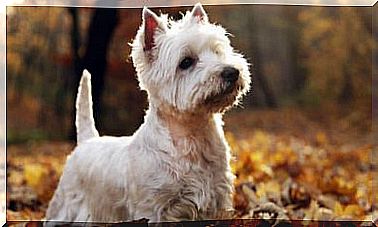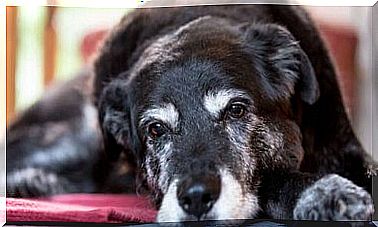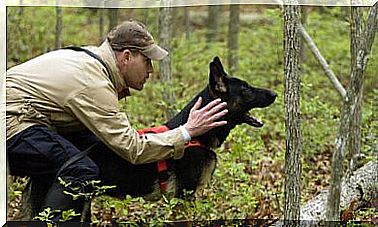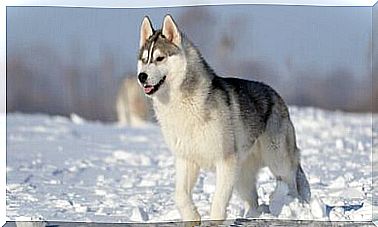How To Help A Dog With A Phobia Of Noise
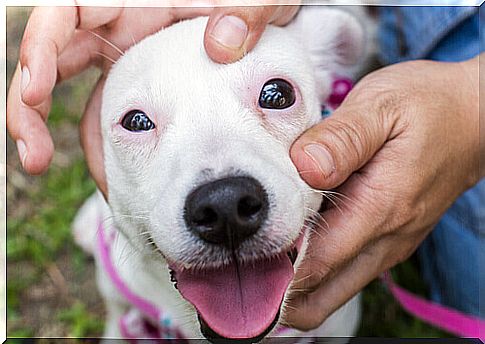
All dogs run into hiding when they hear fireworks, an ambulance siren, or some loud sound they are not used to. However, one must understand when this fear turned into a phobia. There are dogs that jump at the slightest noise and cannot stand a slightly higher sound than normal. Below we present everything you need to know about dogs that have a noise phobia.
They can get nervous and even have tachycardia. Over time, this condition could be highly detrimental to their health, so it is our responsibility to help them overcome this phobia.
Why does noise phobia arise?
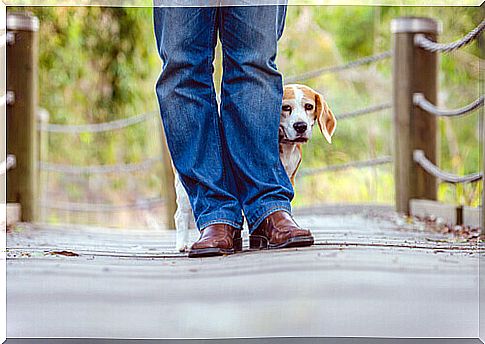
Even if the noise phobia is almost always associated with a trauma suffered, it is not so in 100% of cases, as we are explained by the vets.
If your dog has a noise phobia as a result of trauma, a loud noise is enough to scare him. He can react unexpectedly and develop a phobia towards this and other noises throughout his life.
Noise phobia can be cured if you intervene in time. However, a delay can cause serious consequences for the animal.
Furthermore, an animal with a phobia of noise can be aggressive, elusive and even destructive. Features that will also have a negative impact on us.
They are able to predict them
Animals with noise phobia are able to predict when they are about to occur.
According to an ethology study by the Autonomous University of Barcelona, “30% of dogs are able to anticipate that they will produce noises they are afraid of. This leads them to express their anguish even before the noises occur and to try to escape to a place they consider safe ”.
This is not new, this is largely related to the reflex mechanism. It is a mechanism that we human beings also have and that helps us to act right in the moment before the occurrence of an event.
Seven Steps to Helping a Dog with Noise Phobia
If your dog has a phobia of noise and you want to help him, do not miss this protocol that allows you to create a safety zone in the house in which the dog feels calm and does not need to escape.
First of all you need to determine if your dog has a noise phobia or not. If so, proceed as follows:
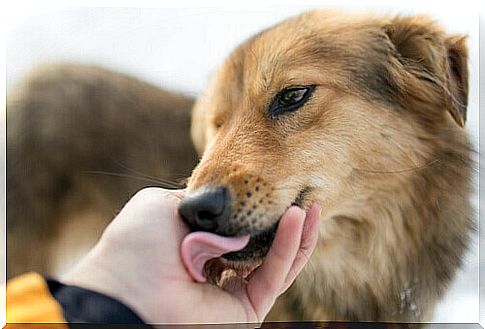
- Create a safety zone. It should be a place that only your pet enters and that is dark. The animal must feel protected in it, so as to take refuge there when it hears noises of which it is extremely afraid. That way, he’ll avoid getting hurt by bumping into furniture or other objects around the house when he starts running crazy.
- The entrance to the area must be clear. At first you can use the pet carrier, but in any case the access to the area must always be free and open so that the animal can enter it when he wishes. It is a good idea to cover it with a blanket so that it muffles the noise.
- Look for a quiet area. Choose the quietest space in the house and create the dog’s shelter in it; you can also do this in the area where he usually runs away when he hears noises.
- Keep calm. If your pet sees you nervous because he is nervous, it will make things much worse. Leave him alone and don’t try to calm him down, his nerves may cause him to do something he doesn’t want to do, like bite you.
- Accompany him. You can accompany him by standing next to him in the room where his refuge is, simply so that he notices your presence. Whisper words of comfort to him to calm down.
- Don’t force him out. He knows he can go out whenever he wants, so give him his time. When he feels relaxed and confident, he will. Don’t force him, as this won’t help him at all.
To conclude
This is what you can do for your dog. It is also superfluous to remember that frightening him with certain noises is not a funny joke at all. If you find that he is finding it harder and harder to calm down or that his phobia is increasing, take him to an animal psychologist.

